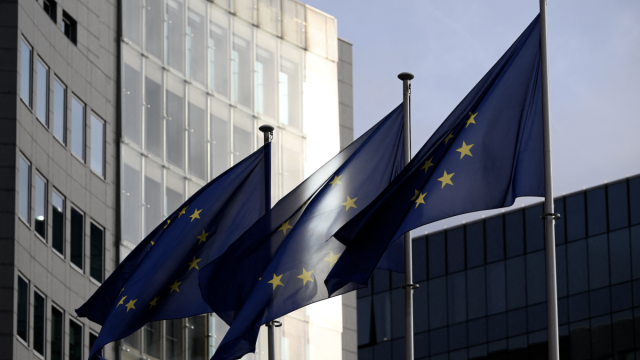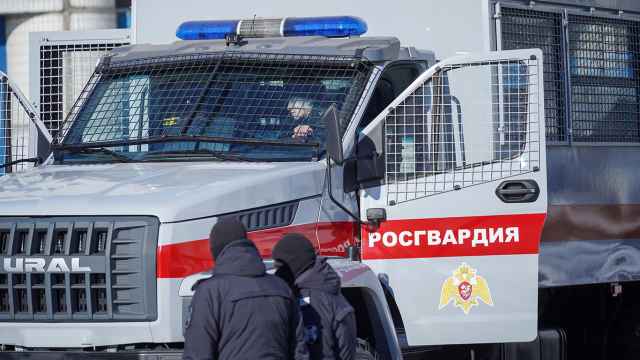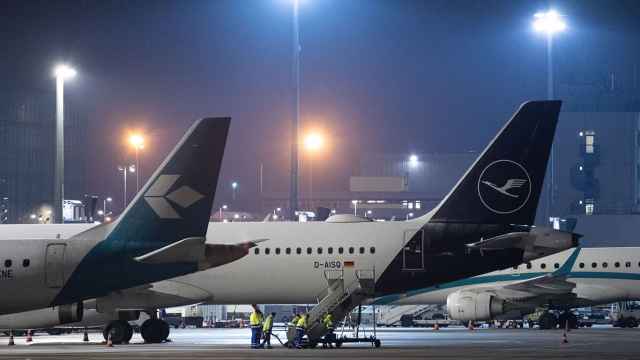SOFIA — Bulgaria's sole refinery Neftochim Burgas, controlled by LUKoil, is stopping operations after the customs office blocked its oil products sales over tax issues, officials said Wednesday.
The customs office has revoked the tax fuel depot licenses of the 142,000 barrels-per-day refinery, effectively blocking its sales after the company failed to install proper measurement tools and link them to the customs authorities.
The move is part of the efforts of the center-right government to improve transparency in fuel markets and put an end to fuel smuggling and tax evasion.
"We are gradually decreasing crude processing to stop production," Valentin Zlatev, general director of LUKoil Bulgaria, told reporters after meeting the finance minister and head of the customs office.
The company has yet to decide what its next moves would be.
Vanyo Tanev, head of the customs office, said the licenses could be restored once the refinery meets customs requirements, adding that it could be done in two to three months.
LUKoil Neftochim Bourgas is one of the Balkan country's biggest taxpayers and sells about 50 percent of its output on the local market, but officials and analysts said the move would not hit the emerging economy and its public revenues.
"There will be no crisis. We need to show that both small and big companies are equal before the law and all should abide by it," Finance Minister Simeon Djankov told reporters.
Djankov said there were more than 420 fuel importers that could easily cover the local demand.
All other fuel traders have brought their tax fuel depots in line with the standards, officials said.
The refinery provides about 25 percent of the public revenues in excise duties and taxes, but Djankov said there was no danger for the budget because excise duties on fuels are paid when imported as well.
Analysts expected that the licenses would be quickly restored and the move would have only a limited impact on the economy of the European Union's poorest member country.
The finance ministry and the customs office had warned the refinery, situated at the Black Sea port of Burgas, that it had to bring its depots up to tax standards in the country by the end of June or face sanctions.
The refinery has said it was working on the issue but, because of the complexity of its systems, it could not finish the process before the end of the year.
Bulgaria's government has taken serious steps to stop fuel smuggling and tax evasion, forcing fuel producers, importers and filling stations to link their depots with the customs and tax authorities.
The customs office estimates the gray fuel market at about 30 percent.
LUKoil Neftochim exports about 50 percent of its output, mainly to neighboring countries, the United States and Asia.
A Message from The Moscow Times:
Dear readers,
We are facing unprecedented challenges. Russia's Prosecutor General's Office has designated The Moscow Times as an "undesirable" organization, criminalizing our work and putting our staff at risk of prosecution. This follows our earlier unjust labeling as a "foreign agent."
These actions are direct attempts to silence independent journalism in Russia. The authorities claim our work "discredits the decisions of the Russian leadership." We see things differently: we strive to provide accurate, unbiased reporting on Russia.
We, the journalists of The Moscow Times, refuse to be silenced. But to continue our work, we need your help.
Your support, no matter how small, makes a world of difference. If you can, please support us monthly starting from just $2. It's quick to set up, and every contribution makes a significant impact.
By supporting The Moscow Times, you're defending open, independent journalism in the face of repression. Thank you for standing with us.
Remind me later.





